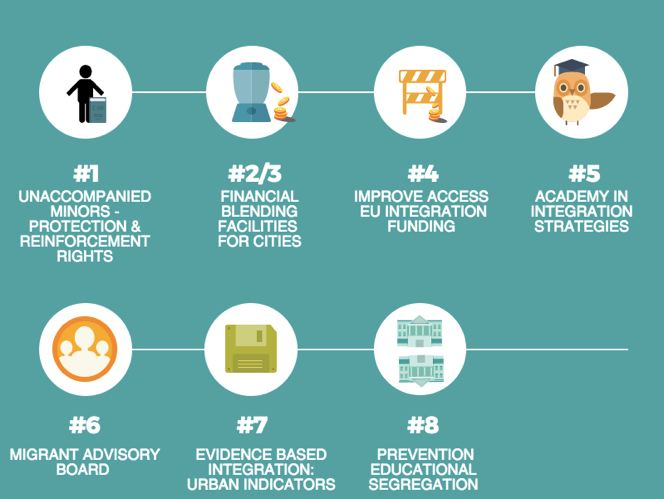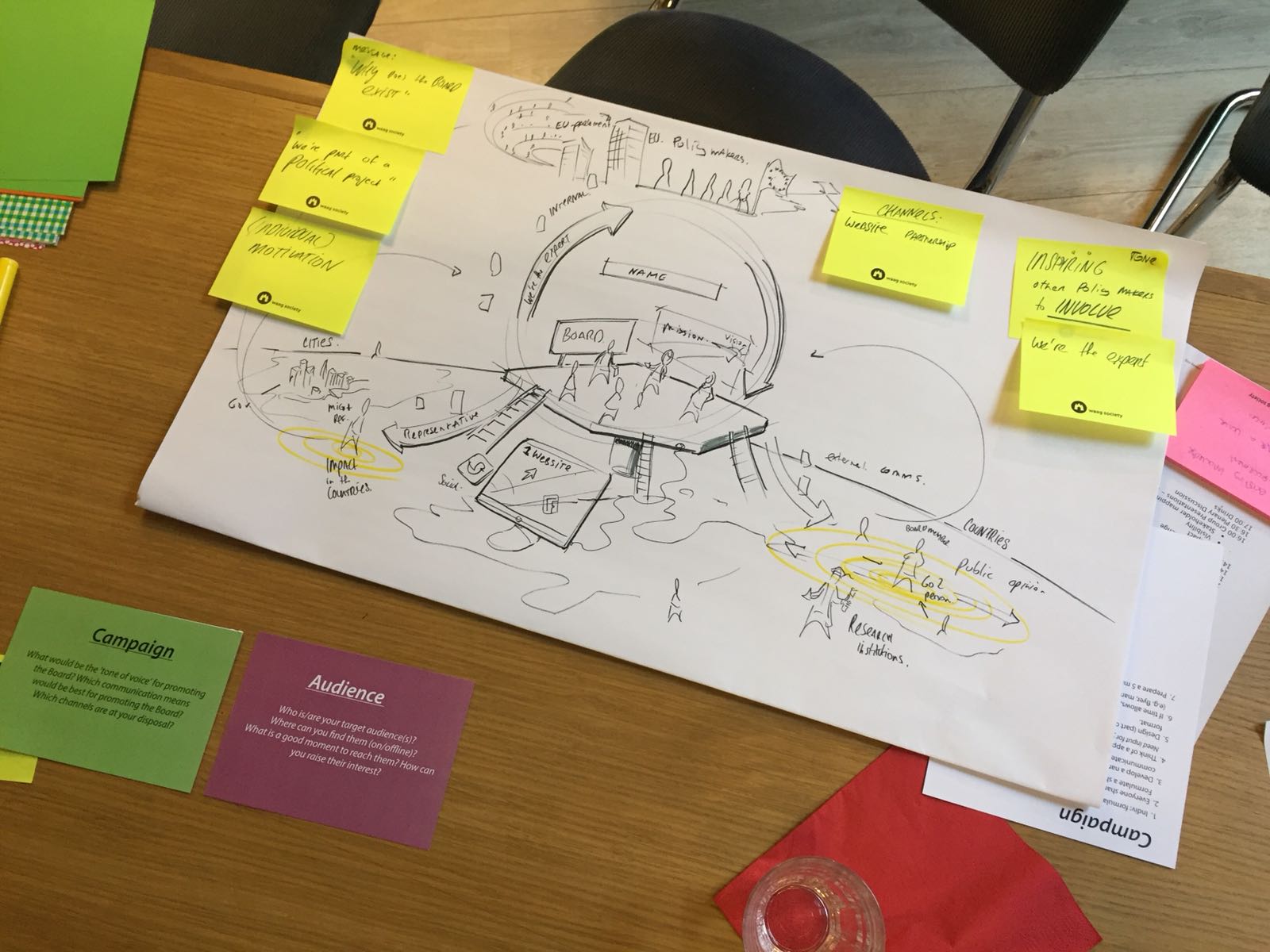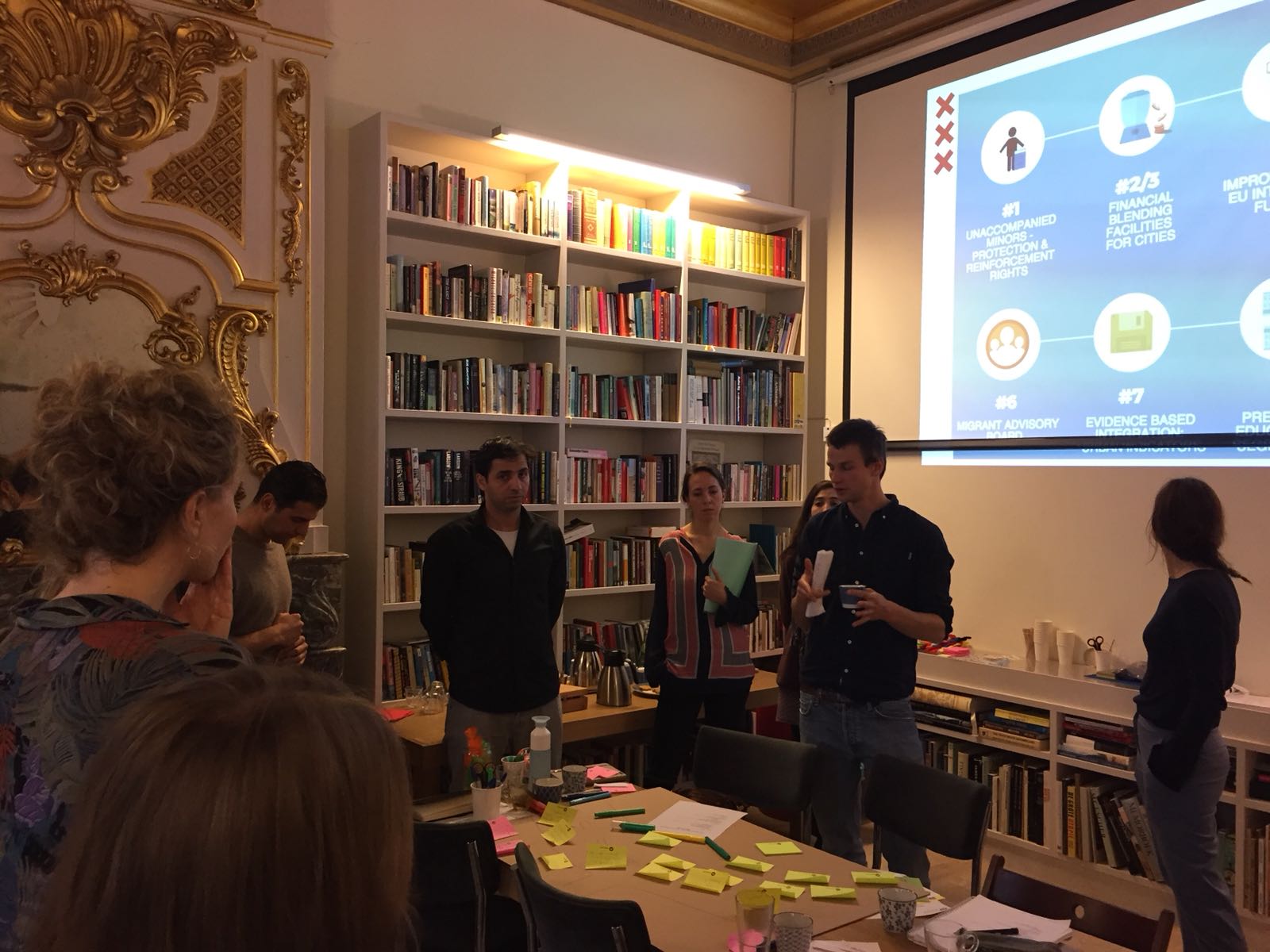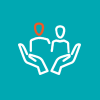-
0 comments
The Urban Agenda process is all about enhancing the urban dimension of (EU) policies by way of concrete actions. Therefore, the main objective of each of the (currently 12) Partnerships is to come up with an Action Plan that addresses the potentials of better funding, better regulation, and better knowledge on a particular priority theme.
The Partnership on the Inclusion of Migrants and Refugees is one of the four pilot Partnerships and has been the first to present concrete actions, including financial blending facilities for cities and small and medium-sized enterprises, improved desegregation policies in European cities, and the establishment of a European Migrant Advisory Board (see graphic below). In the upcoming months, the implementation of these actions will be the main priority of the partners, whereby action leaders are responsible for a particular action.
/futurium/en/file/inclusion-partnership-actionsoct2017pnginclusion-partnership-actionsoct2017.png

Actions of the Partnership on Inclusion of Migrants and Refugees (graphic made by Sabina Kekic using piktochart.com)
On 2 November 2017, the city of Amsterdam, coordinating the Partnership together with DG HOME, organised a workshop dedicated to the European Migrant Advisory Board.
The Board's goal will be to strengthen the voice of (former) migrants and refugees in policy-making and to improve policies that focus on the inclusion of migrants and refugees. It will be effective as of January 2018 for a pilot year. The Board will consist of people with a migration or refugee background who are located in nine different European countries/cities: Helsinki, Italy, Portugal, Brussels, Barcelona, Athens, Berlin, Amsterdam and Gdansk.
The selection process is currently being finalised by the Coordinators (the city of Amsterdam and DG HOME), the nine countries and cities involved, and Open Society Foundations. Successful applicants fulfil a number of criteria, such as having a migrant or refugee background, living in one of the Partnership countries/cities, being a proficient user of the English language, and having a demonstrated strong network within the migrant/refugee community.
The Board's final composition will be known in December 2017. In January 2018, the Board members will convene for the first time and start working on the Board's concrete focus, strategy, and operational structure.
During the workshop held at Waag Society, invited stakeholders - researchers, representatives of the municipality, and members of the Young Professionals Programme for refugees with a residence permit run by the city of Amsterdam - engaged in a design challenge with the goal of sharpening the Advisory Board's future strategy around impact, visibility and cohesion. The results of the workshop will be discussed with the Board members during their first meeting in January 2018 in Athens.
/futurium/en/file/2017-11-02-photo-00006984jpg2017-11-02-photo-00006984.jpg

/futurium/en/file/2017-11-02-photo-00006981jpg2017-11-02-photo-00006981.jpg

Detailed information on the implementation of the actions will be provided on this website soon. If you have specific questions about the Advisory Board or the actions, please contact the Partnership Coordinator Sabina Kekic (s.kekic@amsterdam.nl) or UA.communication@ecorys.com.

